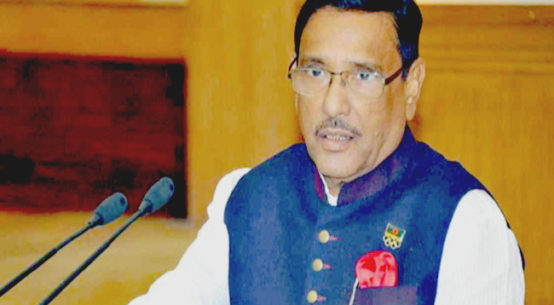Social watchdogs and development activists in a participatory meeting called for improving the living and livelihood conditions of the slum-dwelling people in the city.
They also underscored the need for freeing the marginalized, particularly the slum-dwellers, in the city from discrimination in terms of safe habitat, health and education.
As a whole, they viewed that improving living and livelihood conditions of the distressed and underprivileged population side by side with ensuring their peaceful existence is one of the preconditions to the overall development of the nation. So, utmost importance should be given to the issue.
Bangladesh Resource Centre for Indigenous Knowledge (BARCIK), a research-based development organization, arranged the meeting at a hotel on Thursday.
The meeting was told that around 10,314 families consisting of 39,077 people are living in 104 slums in the city and they have been facing manifold problems.
District Survey Officer of the Department of Manpower and Employment Khurshida Khanom, Chief Instructor of Women Technical Training Centre Proshad Kumar Sarker, Regional Manager of UCEP Bangladesh Shaheen Alam, Assistant Director of the Department of Youth Development Alam Ali, Retired Police Officer Mahbub Siddiqui addressed the meeting as resource persons.
Taking part in the discussion, BARCIK Regional Coordinator Shahidul Islam disseminated his expertise on the issue.
Some slum-dwelling people, including Khurshid Alam and Nilufer Yeasmin, who took part in the meeting, also shared their views on the issue depicting their grim picture.
The discussants unanimously observed that concerted efforts of all the entities concerned have become crucial for ensuring safe habitats for the slum dwellers as they contribute to society in many ways.
Ensuring discrimination-free fundamental rights of the urban poor and marginalized people can be the best way of balanced development everywhere in the society.
All the government and non-government organizations concerned should come forward and work together to ensure basic rights, particularly habitat, power, water, health and education, of the underprivileged people.

